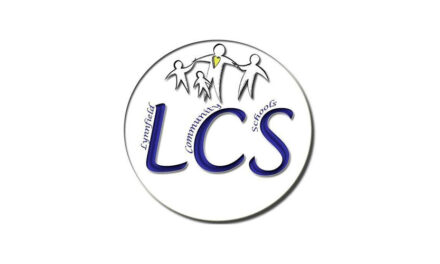Published in the May 3, 2017 edition
By MAUREEN DOHERTY
LYNNFIELD — The voters at the annual Town Meeting were not in the mood to hand over additional power to town moderators when it comes to declaring a two-thirds majority vote by voice alone.
Proposed by Town Administrator Jim Boudreau to the Board of Selectmen as a means to speed up the process of Town Meeting, Article 14 would have amended the town’s General Bylaws by adding a section that read: “If at any town meeting a two-thirds vote is required by statute, the moderator may declare the result on the basis of a voice vote without a count, unless the moderator’s declaration is challenged by seven or more voters before the meeting has proceeded to the next article.”
Its passage was recommended by the Board of Selectmen. Town Moderator Arthur Bourque told the voters that he had nothing to do with this proposal and that the article was proposed by the selectmen without his input. “That is their decision and the decision of voters tonight,” Bourque said.
Bourque said he is perfectly happy to continue running the meetings as they have always been run, with hand counts when necessary.
Boudreau pointed out that under current practice, a two-thirds vote must be unanimous for the moderator to avoid a hand count and that if just one person voices a no vote, it must currently go to hand count.
“Almost every single vote we have taken this evening has been done by a voice vote,” Boudreau said, explaining that making such determinations is “the role of the moderator.”
Boudreau added, “The appeal is the same whether it is two-thirds or simple majority.”
Dave Miller of Heather Drive, a former town moderator, provided a handout to the voters outlining his staunch opposition to giving such powers to a moderator, which he also read into the record.
Patricia Campbell of Patrice Lane agreed. “Most votes that require two-thirds require money and are often hotly debated,” she said, adding that it would be very difficult to base a two-thirds vote “on sound where some people shout.” Since voters often get up to leave after the votes they are interested in have been taken, Campbell also questioned how the moderator “would see seven people standing” to protest a vote.
Campbell has suggested for the past few years that the town should invest in voting keypads. “Why don’t we get up to date? We spend $250,000 a year on technology for the schools,” she said, adding that the devices could also be used by students in the classroom “If you are voting different from your neighbor, your neighbor does not have to see.”
Susan Mattia of Pine Street said she thinks it is “very important for all of us to be heard.”
Ann Miller of Fernway, who was one of over 200 voters seated in the overflow room in the middle school cafeteria at the April 24 Town Meeting said, “It is very difficult, if you are in another room, to get heard.”
Another resident commented that “the people have come here to vote” but a moderator could “change a vote by not recognizing” a person who wished to speak on an issue.
Peter Perlmutter of Thomas Road said based on the selectmen’s explanation that this article will not change anything “why change it?”
Bourque said there would be a change because a moderator must go to a hand count when a two-thirds majority vote is required if the vote is not unanimous.
“How much time is this expected to save?” Perlmutter asked.
Bourque said, “Probably not as much time as we’ve spent debating it tonight.”
Boudreau said the time saved would depend on each Town Meeting’s agenda. “If you had several Planning Board articles it could move along,” he said.
Article 14 was subsequently voted down overwhelmingly, ironically on a voice vote because only a simply majority was required to change a general bylaw.
“Even I can tell that was two-thirds,” Bourque quipped after the voters had spoken.




